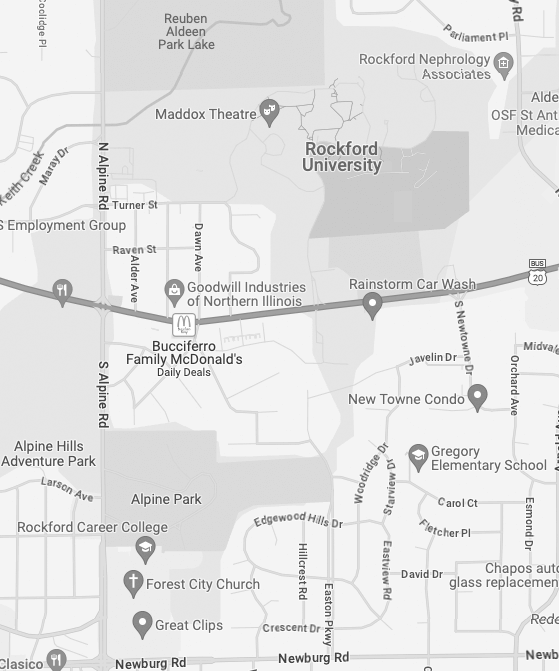General anesthesia brings on a sleep-like state with the use of a combination of medicines. The medicines, known as anesthetics, are given before and during surgery or other medical procedures. General anesthesia usually uses a combination of medicines given through a vein and inhaled gases.
You'll feel as though you're asleep. But general anesthesia does more than put you to sleep. You don't feel pain when you're under general anesthesia. This is because your brain doesn't respond to pain signals or reflexes.
Why it's done
Your anesthesiologist, together with your surgeon or another specialist, recommends the best anesthesia option for you. The form of anesthesia is chosen based on the type of surgery you're having, your overall health and your preferences.
Your team may recommend general anesthesia for certain procedures. These include procedures that may:
- Take a long time.
- Require the use of muscle relaxants.
- Result in significant bleeding.
- Change your breathing, blood pressure or heart rate.


